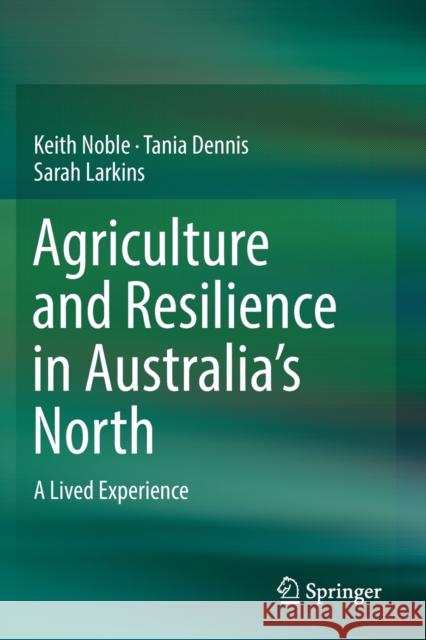Agriculture and Resilience in Australia's North: A Lived Experience » książka
topmenu
Agriculture and Resilience in Australia's North: A Lived Experience
ISBN-13: 9789811383571 / Angielski / Miękka / 2020 / 226 str.
Agriculture and Resilience in Australia's North: A Lived Experience
ISBN-13: 9789811383571 / Angielski / Miękka / 2020 / 226 str.
cena 403,47
(netto: 384,26 VAT: 5%)
Najniższa cena z 30 dni: 385,52
(netto: 384,26 VAT: 5%)
Najniższa cena z 30 dni: 385,52
Termin realizacji zamówienia:
ok. 16-18 dni roboczych.
ok. 16-18 dni roboczych.
Darmowa dostawa!
Kategorie:
Kategorie BISAC:
Wydawca:
Springer
Język:
Angielski
ISBN-13:
9789811383571
Rok wydania:
2020
Wydanie:
2019
Ilość stron:
226
Waga:
0.34 kg
Wymiary:
23.39 x 15.6 x 1.3
Oprawa:
Miękka
Wolumenów:
01
Dodatkowe informacje:
Wydanie ilustrowane











